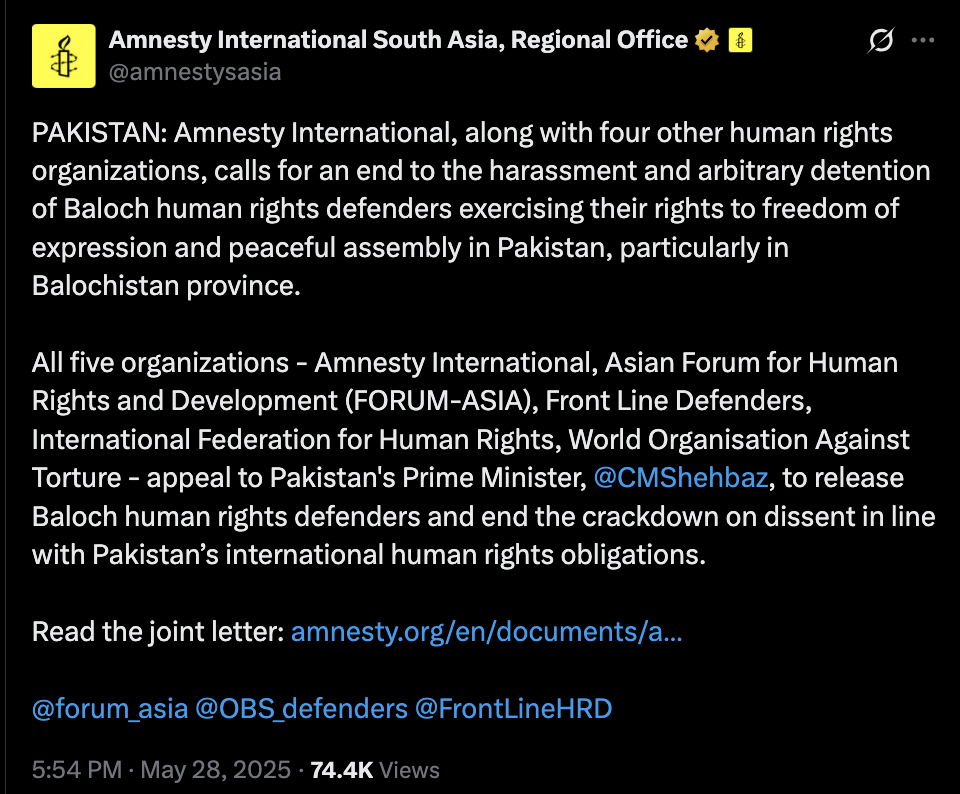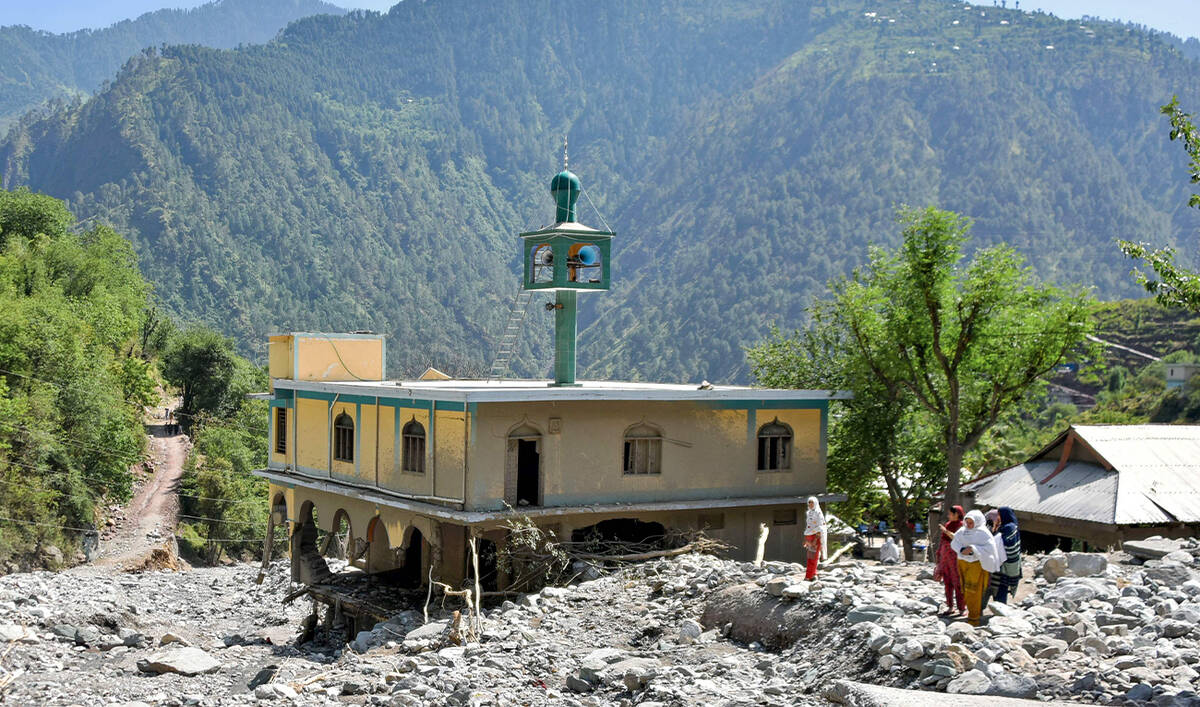ISLAMABAD: All eyes are on Pakistan’s top court today, Friday, set to deliver a verdict on a set of petitions challenging the denial of reserved seats in parliament to the Sunni Ittehad Council (SIC) party, which is backed by jailed former Prime Minister Imran Khan.
On Tuesday, the Supreme Court had reserved its verdict in the case, which could see 70 seats for women and minorities that were allotted to the ruling coalition of Prime Minister Shehbaz Sharif after Feb. 8 general elections go to the Khan-backed alliance.
A simple majority in Pakistan’s parliament is 169 out a total 336 seats. Candidates backed by Khan had won the most seats, 93, in the polls but did not have the numbers to form a government.
“A 13-member bench [of the Supreme Court] will announce the decision at noon [12pm] Friday,” the PTI said in a text message sent to reporters with a copy of the cause list issued by the top court on Thursday.
All candidates from Khan’s Pakistan Tehreek-e-Insaf (PTI) party were forced to contest the February polls as independents after the party lost its election symbol on technical grounds. After the election, these candidates joined the Sunni Ittehad Council party to claim a share of 70 reserved seats for women and minorities allotted in proportion to the parliamentary seats a party wins in elections.
The Election Commission (ECP) however ruled that the SIC was not eligible for the reserved seats and a Peshawar court upheld the decision, dealing a blow to the embattled PTI’s governing prospects and proving to be a major setback for Khan, who has been in jail since last August. The Supreme Court subsequently overruled these verdicts and has since last month been hearing petitions filed by SIC to restore the seats to the opposition alliance.
PM Sharif formed a weak coalition with other parties after the general elections produced a hung parliament. Sharif’s PML-N party’s 79 and the PPP’s 54 seats together made a simple majority in parliament to form a government at the center and they also roped in smaller parties in the coalition.
Khan and his party have rejected the results of the elections, alleging widespread rigging, which the ECP denies.
In Pakistan, parties are allocated 70 reserved seats — 60 for women, 10 for non-Muslims — in proportion to the number of seats won in general elections. This completes the National Assembly’s total 336 seats. Independents are not eligible for reserved seats.
Without the reserved seats, Sharif’s ruling coalition will lose its two-thirds majority in the National Assembly, without which the government cannot push through constitutional amendments.
All eyes on Pakistan Supreme Court, set to rule on parliamentary reserved seats case
https://arab.news/mb82d
All eyes on Pakistan Supreme Court, set to rule on parliamentary reserved seats case

- Under election rules, parties are allotted reserved seats in proportion to number of parliamentary seats they win in polls
- Khan’s party hopes to win back 70 seats that were allotted to other parties which are now part of the PM Sharif-led ruling coalition


















